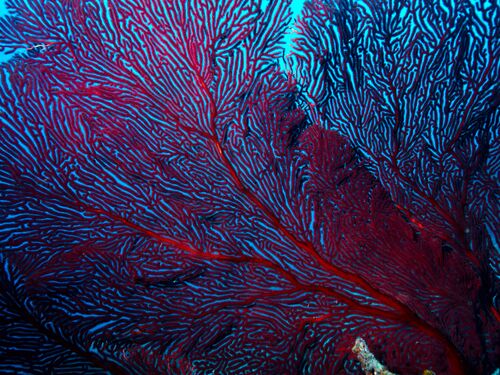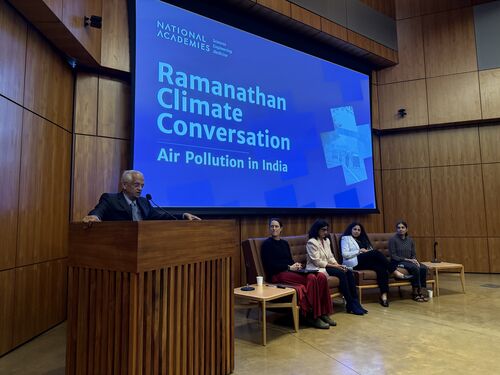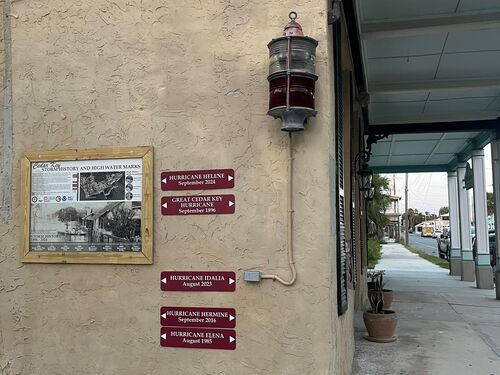Ocean Studies Board Adopts A Float, Names It Trieste to Honor Don Walsh
Program News
By Paige Nankey
Last update November 5, 2024
In March 2024, a team from the Global Ocean Biogeochemistry (GO-BGC) project lowered an autonomous robotic float named Trieste into the Indian Ocean. The float has a name thanks to its “adoption” by the National Academies’ Ocean Studies Board (OSB) through the Monterey Bay Aquarium Research Institute’s Adopt-a-Float program. OSB named their adopted float Trieste in memory of the accomplishments and contributions of Dr. Don Walsh, a legendary ocean explorer and former OSB member.
Dr. Walsh, known for his historic 1960 descent 6.8 miles below the sea surface to Challenger Deep with Jacques Piccard aboard the submersible Trieste, was inducted into the National Academy of Engineering in 2001 and served on the OSB from 2011 through 2016.
“When I first met Don, he expressed a strong interest in the work of the OSB and a desire to get more involved – great qualities to have in a board member,” recalls Susan Roberts, director of the OSB. During his tenure with the board, Dr. Walsh was a member of the committee that conducted the OSB’s first decadal survey of ocean science for the National Science Foundation (Sea Change: 2015-2025 Decadal Survey of Ocean Sciences).
The Trieste float is part of the broader OneArgo effort to deploy 500 autonomous floats that capture critical ocean data – such as temperature, salinity, pH, oxygen, and chlorophyll a. These data will play a role in understanding the health of our ocean systems and the impacts of climate change.
Leading the GO-BGC deployment team is Dr. Lynne Talley, current OSB board member and recent inductee to the National Academy of Sciences.
“Dr. Talley introduced the OSB to the ‘Adopt-A-Float’ program in late 2023, and with Dr. Walsh’s recent passing, we decided to name our sponsored float Trieste in his honor,” Roberts said.
Through Trieste, Dr. Walsh’s legacy of exploration and scientific discovery lives on, contributing to a deeper understanding of the world’s oceans and the role they play in sustaining life on Earth.
After its deployment in March 2024, Trieste began transmitting near real-time data. Data collected by Trieste, and other floats in the OneArgo array, are free and publicly accessible via the GO-BGC website. Data from OSB’s float, Trieste, can be found here.
Featured Publication
Sea Change: 2015-2025 Decadal Survey of Ocean Sciences
Consensus Study Report
·2015
Ocean science connects a global community of scientists in many disciplines - physics, chemistry, biology, geology and geophysics. New observational and computational technologies are transforming the ability of scientists to study the global ocean with a more integrated and dynamic approach. This e...
View details
More like this
Discover
Events
Right Now & Next Up
Stay in the loop with can’t-miss sessions, live events, and activities happening over the next two days.
NAS Building Guided Tours Available!
Participate in a one-hour guided tour of the historic National Academy of Sciences building, highlighting its distinctive architecture, renowned artwork, and the intersection of art, science, and culture.



